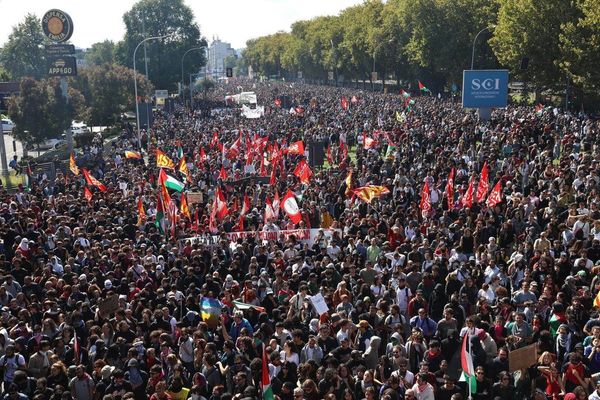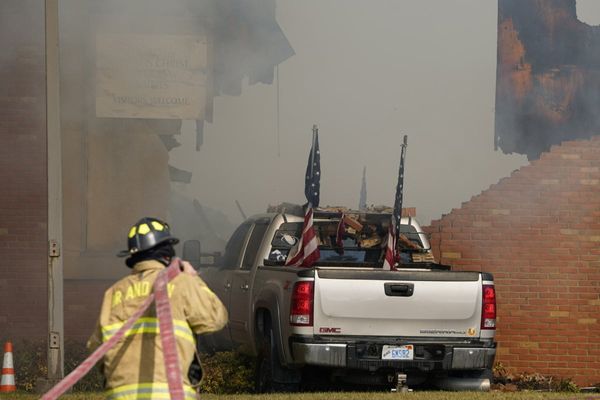
The archive of a magazine chronicling the lives of Britain’s black community during the 1970s and 1980s will be available online for the first time.
Race Today magazine, first launched in 1973, combined radical journalism with campaigning zeal to shine a light on the issues affecting Britain’s black communities, as well as providing insight and commentary on politics in Britain and abroad.

The wide-ranging magazine included interviews with political figures such as the newly elected black MP Bernie Grant and members of the British Black Panther party, stories on deaths in custody and racist murders, political commentary on protest movements abroad, such as John La Rose on “insurrections” in the Caribbean, as well as cultural pieces, including reviews of books, art exhibitions and theatre productions.
“The archive is the first time that all past editions will be accessible in a single place and that a significant period of British history will no longer be overlooked,” Leila Hassan Howe, who was the magazine’s last editor, said.
Race Today’s most notable campaign was to bring the New Cross fire to prominence. The tragedy, in which 13 young black people between the ages of 14 and 22 were killed in January 1981, was a hugely politicising moment for the black community as a result of the lack of attention it received from politicians and the media. Six weeks after the fire, an estimated 20,000 people marched in London in the Black People’s Day of Action. The protest, which was organised by the New Cross Massacre Action Committee, was then the largest demonstration by the black community in the UK.
For the first time since its final publication in 1988, the magazine’s unique perspective of surveying black history and journalism will be easily accessible to current generations with the launch of the comprehensive digital archive.

The launch coincides with what would have been the 80th birthday of Race Today’s first editor, the writer and broadcaster Darcus Howe, who died aged 74 in 2017. As editor of Race Today, Howe was at the forefront of black liberation struggles in Britain during the 1970s and 1980s. The Labour MP Diane Abbott described him as a fearless and outspoken activist with a “mischievous streak” in an obituary in the Observer.
Members of the Race Today Legacy Collective, including Hassan Howe, will launch the online archive and a special issue of Race Today at an event hosted by Goldsmiths, University of London at which the journalist and broadcaster Gary Younge will also speak.
Hassan Howe, Howe’s widow, said: “The special memorial issue, dedicated to the memory of Darcus Howe, the radicalising editor of Race Today, should mark the continuing struggles, contributions and concerns, political and cultural of the new and now established communities of Britain.”
The activism from the members of the magazine and now collective was highlighted by Steve McQueen’s BBC series, Small Axe and Uprising.
“Race Today magazine had a front-row seat on the experiences of black Britons during the tumult of the 70s and 80s. It didn’t passively report these events but through its activism and campaigns, it actively shaped a consciousness that built resilience and confidence in the face of the most horrendous racism,” Howe said. “Yet this period of radical history is completely unknown along with the magazine’s role as a legator of many of the things that we today take for granted.”







